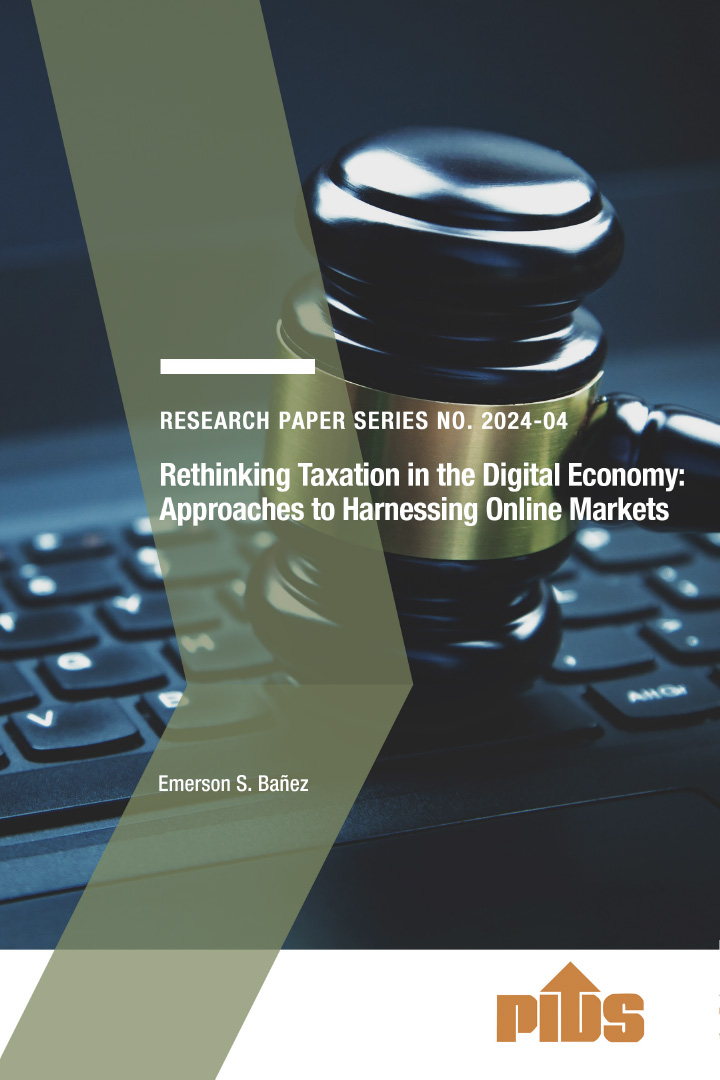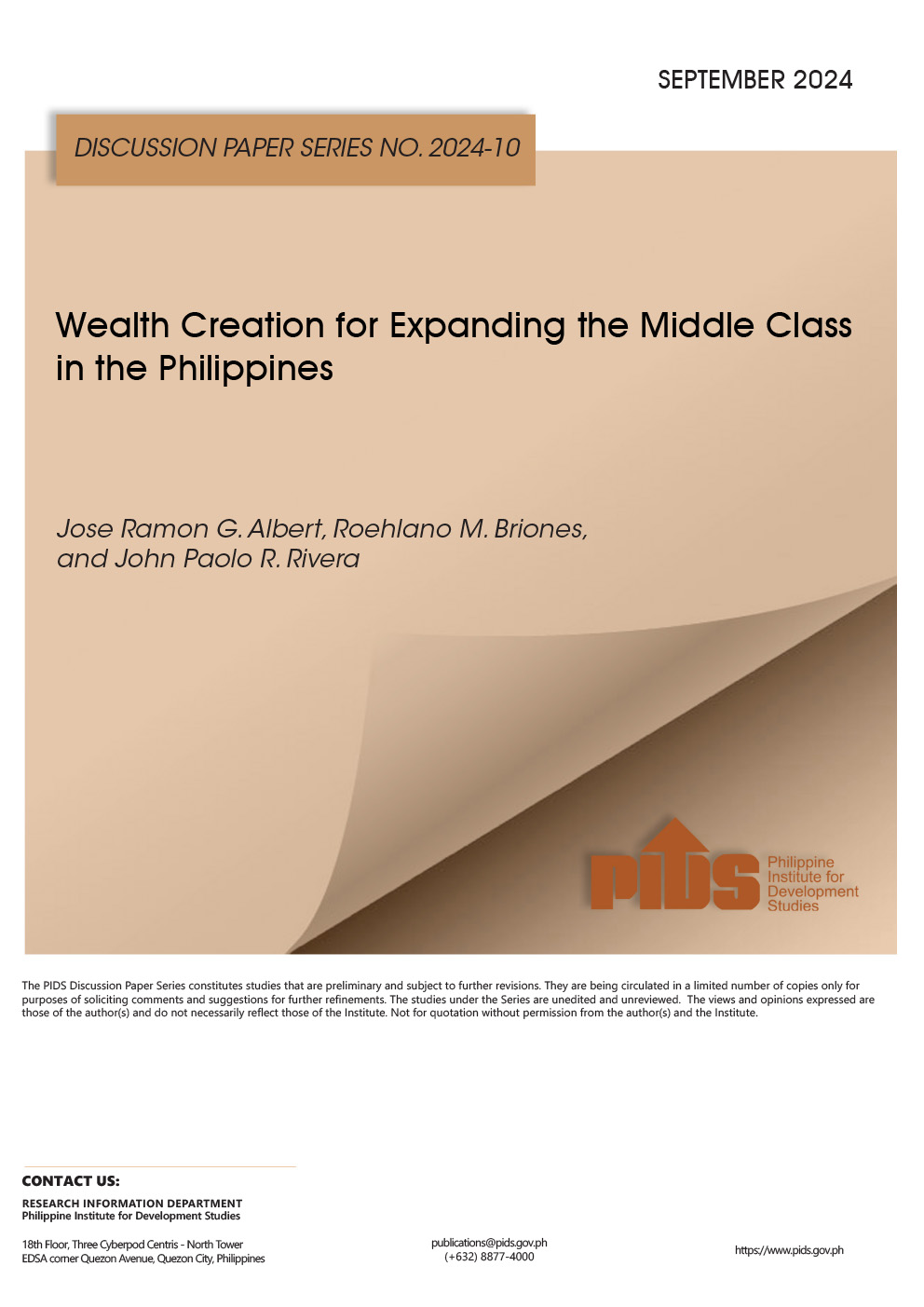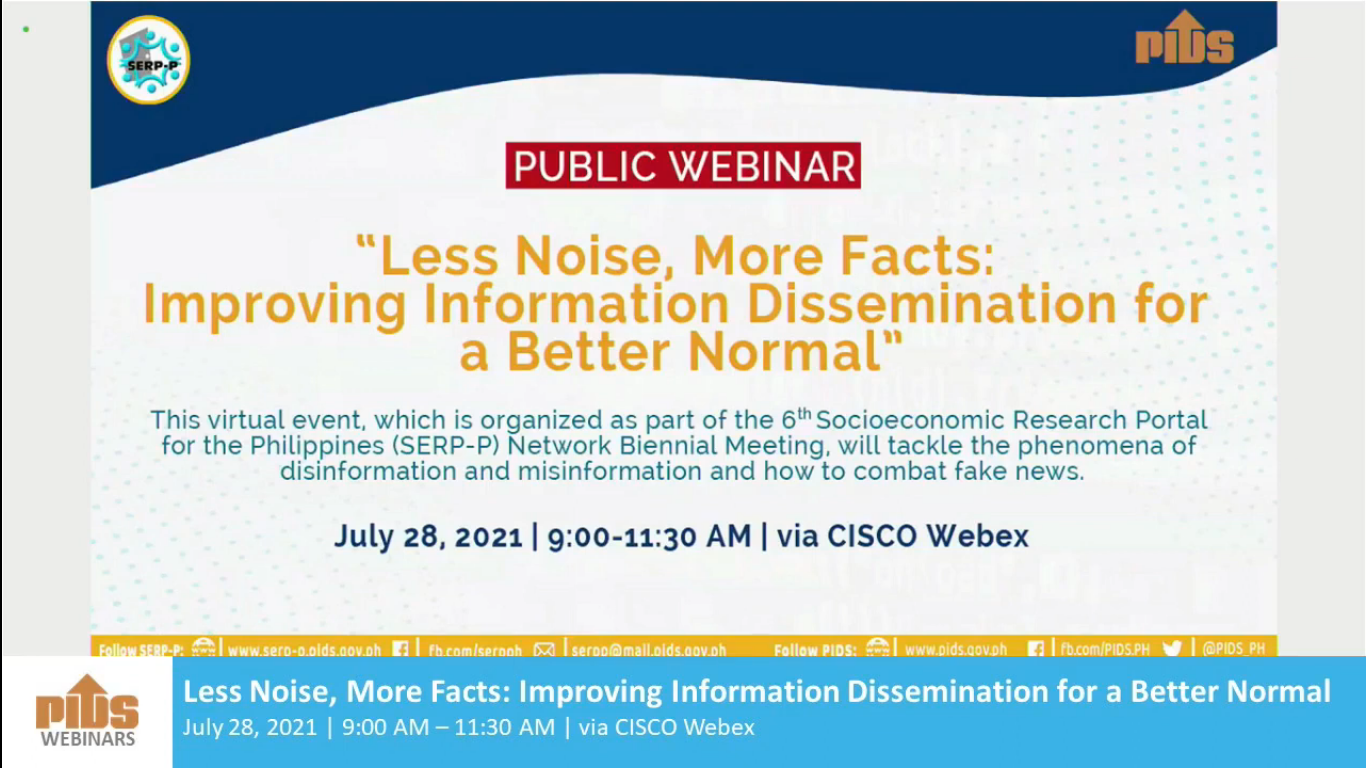You don’t have to check your social media feed to understand how devastating the effects of the coronavirus pandemic have been worldwide. Besides the thousands directly infected by the virus, you probably also know people who have lost their jobs or are struggling to get back on their feet.
Perhaps some of the hardest-hit people are freelancers and small business owners. The closure of various businesses because of community quarantine restrictions has created a ripple effect that is impacting the livelihood of thousands of people in this segment of the population.
We might have heard anecdotal evidence, but a study based on the latest tax-filing season reveals a macro view of the pandemic’s impact on the local economy.
Taxumo, a web-based tax filing and payment platform, gathered data based on the the 2019 annual income tax filing season, whose deadline was on Wednesday, July 15. Insights from the study reveal that 72.1 percent of online taxpayers declared a decrease in income after the community quarantine was announced, with about 30.3 percent saying they no income at all.
However, 19.1 percent of online taxpayers reported an increase of 65.40 percent to their monthly income.
Compared to their income in 2018, 62.2 percent of online taxpayers declared an average of 39.10 percent decrease in their income, while 37.8 percent reported the opposite, with an average increase of 192.33 percent in their 2019 income versus 2018.
The study also revealed interesting tidbits about the socioeconomic status of online taxpayers. Based on the definition set by the Philippine Institute for Development Studies, 27.9 percent of online taxpayers can be classified as “poor” or those earning less than P9,520 per month), while 21.9 percent are lower-income (earning between P9,520 and P19,040 per month). Only 4.5 percent of those who utilized the online tax-paying platform can be considered rich (earning at least P190,400 a month).
Taxumo, however, offered a disclaimer that the declared incomes may not accurately represent their household’s total income, as the online taxpayers may be part of dual- or multiple-income households.
Since its launch, Taxumo says it now has close to 25,000 users in its platform. The startup says a total of P723,501,080 income and P259,594,260 expenses have been reported on Taxumo. It has also collected a total of P24,719,129 in taxes.
The company says it has developed its own way of helping the freelancers and small business owners that have been most severely affected by the pandemic. This includes Taxumo Lifeline, which is an affordable subscription package designed for people who have zero income and who may be on the brink of closing their businesses. For P200 a month (paid annually at P2,400/year), taxpayers can fully automate their zero-amount tax forms. This means they can continue filing their taxes, keeping their business alive until they finally are able to bounce back. They can upgrade their subscription should they begin to earn again.
Perhaps some of the hardest-hit people are freelancers and small business owners. The closure of various businesses because of community quarantine restrictions has created a ripple effect that is impacting the livelihood of thousands of people in this segment of the population.
We might have heard anecdotal evidence, but a study based on the latest tax-filing season reveals a macro view of the pandemic’s impact on the local economy.
Taxumo, a web-based tax filing and payment platform, gathered data based on the the 2019 annual income tax filing season, whose deadline was on Wednesday, July 15. Insights from the study reveal that 72.1 percent of online taxpayers declared a decrease in income after the community quarantine was announced, with about 30.3 percent saying they no income at all.
However, 19.1 percent of online taxpayers reported an increase of 65.40 percent to their monthly income.
Compared to their income in 2018, 62.2 percent of online taxpayers declared an average of 39.10 percent decrease in their income, while 37.8 percent reported the opposite, with an average increase of 192.33 percent in their 2019 income versus 2018.
The study also revealed interesting tidbits about the socioeconomic status of online taxpayers. Based on the definition set by the Philippine Institute for Development Studies, 27.9 percent of online taxpayers can be classified as “poor” or those earning less than P9,520 per month), while 21.9 percent are lower-income (earning between P9,520 and P19,040 per month). Only 4.5 percent of those who utilized the online tax-paying platform can be considered rich (earning at least P190,400 a month).
Taxumo, however, offered a disclaimer that the declared incomes may not accurately represent their household’s total income, as the online taxpayers may be part of dual- or multiple-income households.
Since its launch, Taxumo says it now has close to 25,000 users in its platform. The startup says a total of P723,501,080 income and P259,594,260 expenses have been reported on Taxumo. It has also collected a total of P24,719,129 in taxes.
The company says it has developed its own way of helping the freelancers and small business owners that have been most severely affected by the pandemic. This includes Taxumo Lifeline, which is an affordable subscription package designed for people who have zero income and who may be on the brink of closing their businesses. For P200 a month (paid annually at P2,400/year), taxpayers can fully automate their zero-amount tax forms. This means they can continue filing their taxes, keeping their business alive until they finally are able to bounce back. They can upgrade their subscription should they begin to earn again.












